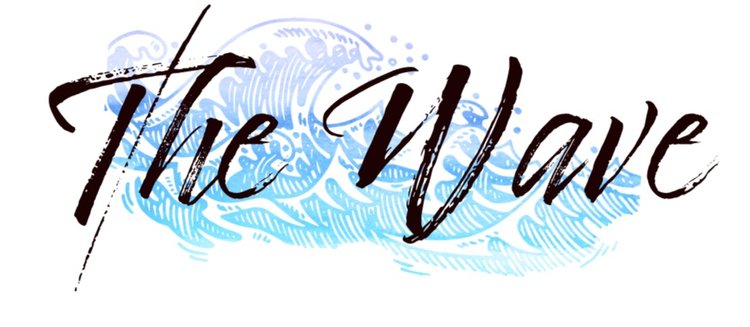Water is a common archetype of life. It flows through life, it gives life, and it is a powerful agent of change. Water has the ability to carve through massive structures if given time. Gradually, it strips and strips and strips until it leaves behind a path of destruction that completely changes the original landscape. Water destroys so slowly that it is hard to notice. It is hard to see until you step back and realize that you are not in the same place you remember.
My mother is a stone, carved from this process, hard and polished and stubborn, smooth in your hand but heavy in your pocket. She is a formidable rock in a relentless stream.
My mother was raised very differently in China. Her parents were desperately in love, but it was the kind of love that existed not without flying furniture, with flailing limbs. It was the kind of love that came as a package deal with words that you can never take back, with lessons that teach you that belts can be used to tear down just as effectively as to hold up.
Her childhood was so deprived of love that my mother bottled up all of her own and was determined to spend it as freely as possible. My mother has many faults, and she will be the first one to admit to them, throwing her cards face-up on the table even before the game has started. However, she never considered her capacity to love as a fault. She loved my father so much that she raised the family while he got his PhD; so much that she stormed into a professor’s office to advocate for his capability; so much that she made a home for his parents in our home. She loved my father so much that she plucked feather after feather after feather off of her small arms to give him a little bit more warmth. The rest she gave to me, never thinking to leave any for herself.
She thought it natural to spend her love on others. So she built mountains with it, she filled lakes with it, and she tore pieces of her own body to glue her creations together in a new country that loved much more gently. But then she watched as other people climbed the mountain without her, took and drank the lake water without her, kept asking for more from her. My father grew used to the endless reservoirs of love; he learned to take it for granted and expect it. Even I didn’t know what to do with it, overwhelmed by the responsibility of reciprocation.
My mother was hospitalized recently with a list of conditions that I can’t pronounce, never mind remember. She had expended so much of herself to love me and my father and now that she couldn’t- now that she was dropping five pounds a day- now that she spent more money on medication than gasoline- she was finally able to step back and see how small she had become in the life she had created. She was now a pebble rather than the formidable rock I remembered growing up.
As a child, I never saw my mother cry, and I didn’t dare ask why. In the days following her departure from the hospital, I was shocked to hear her voice break. She asks me if she has ever been a nuisance to me. I think deeply and honestly and I answer her no; a resounding, stoney no, and she starts crying. All her life she has been made to feel a nuisance; to her parents who didn’t want a daughter; to a country that doesn’t know how to represent faces like hers; to a husband who thought it was normal to keep taking, to her in-laws who expected graciousness without appreciation. Her daughter says no, and that is enough to bring tears.
The universe has a funny way of showing signs to us. The waves of life had worn my mother down so much that she was finally but a grain of sand upon the beach, that she finally became sick enough for the world to see.
But she is growing bigger now, in the way that a puddle grows during a rainstorm to flood the streets. And yet she made it all into a lesson for me. She makes all of her pain into a lesson. “Love differently than I have,” she tells me. “The way I have loved has not worked.” My mother is desperate for me to be better and stronger and bolder than her in every possible way. She has given this lesson of erosion to me, asking only that I live differently, that I learn from her, and that I continue to teach her to be selfish, a new language she never thought she would need.
x. z. is a current junior at Harvard College, and embodies a great love for poetry, nature, and bird-watching (even in the city).
